Yangon, 21 Dzulhijjah 1436/5 October 2015 (MINA) – Myanmar’s self-appointed guardians of race and religion have taken to a stage in the country’s national stadium to declare their anti-Muslim politics as “necessary under the circumstances”.
Speaking in Yangon at the finale of a two-week national tour for the newly enacted race and religion protection laws, Ma Ba Tha has declared that their political work was required to protect the country’s majority Buddhist population during what it called a period of transition, Anadolu Agency quoted by Mi’raj Islamic News Agency (MINA) as reporting.
The saffron-robed guardians monks are challenging the ruling government and Aung San Suu Kyi’s National League for Democracy party in the Nov. 8 election — the country’s first since a nominally civilian government was introduced in 2011, ending nearly 50 years of military rule.
Leader Ywarma Sayadaw underlined that the sectarian violence of 2012 that erupted in western Rakhine State between Buddhists and Muslims had made such religiously motivated political involvement necessary.
Also Read: Pakistan Condemns Israeli Settler Attacks in West Bank, Al-Aqsa Storming
“We are very afraid,” he said. “This violence emerged because our people were neglected by the law.”
Around the stadium — between the 50 striped Buddhist flags of Myanmar that hung motionless atop poles in the main parade ground — attendees stood wearing T-shirts inscribed with the words “The war is peaceful because of the efforts of Ma Ba Tha.”
The anti-Muslim lobby group’s Vice Chair Sayadaw Ashin Nyanissara — also known as Sitagu Sayadaw — underlined the long historical trend of religion intervening in what he referred to as “dire political situations”.
“In October 1917 a religious revolution occurred in Russia and the dynasty of Russian Kings ended along with the proliferation of Lenin’s Communism. When Communism spread to Europe, the pope and the Vatican established the Christian Democratic Party in 1919 and collaborated with people to end Communism,” the Myanmar Times quoted him as saying Monday.
Also Read: China Criticizes US-Drafted UN Gaza Resolution as Vague, Abstains from Vote
“Similarly, Germany established the Christian Democratic Union. So, we need to do missionary work like them, and make use of religion in political affairs.”
Ma Ba Tha — which translates to Association for the Protection of Race and Religion — claims that the country’s Buddhist culture is under threat from its minority Muslim population — who make up just 4 percent in the 80 percent-Buddhist country.
But on Sunday, the organization appeared forced to defend itself following bad publicity in local and international media as well as widespread condemnation from human rights groups and foreign embassies.
Of particular concern is its endorsement of specific political parties and its growing influence in Myanmar’s upcoming election.
Also Read: Former Bangladesh PM Sheikh Hasina Sentenced to Death
In the organization’s opening address, Regional President Baddanta Tilokabhivasma told the crowd that the race and religion laws — which it helped to draft — “are based on universal truths and international norms which facilitate a harmonious and peaceful society”.
He said they were crafted as a response to the “trouble, anxieties and deprivations experienced by people from two different religions due to riots and conflicts that happened in Sittwe, Meaikhtila and other places”.
In 2012, extremist monks were involved in a wave of brutal anti-Muslim violence, which saw hundreds killed and thousands displaced. Ma Ba Tha was created shortly afterwards by groups involved in the violence and has since been accused of inflaming religious tensions through anti-Muslim hate speech.
On Sunday, Nyanissara urged those in the crowd to not get irritated and go “over-speed” at suggestions that Ma Ba Tha monks were influencing politics.
Also Read: Pakistan Declares State of War After Car Bomb Incident
“When monks campaign to protect race and religion, people say they are doing politics,” he said. “Some say monks cross the line. Don’t get irritated. If you are irritated, you will get into trouble. You will lose.”
Nyanissara’s message is in stark contrast to that of firebrand Ma Ba Tha monk Wirathu, who openly endorsed president Thein Sein’s ruling party and spoken out against Aung San Su Kyi’s opposition party in an interview just hours before Sunday’s event.
Critics say Ma Ba Tha is influencing Myanmar’s political direction, after the signing of the final race and religion protection law was fast-tracked by President Thein Sein and inked in mid-August.
Human rights groups have raised serious concerns over the recent signing of the four laws that specifically target the rights of women and Muslims.
Also Read: Jakarta Hosts Gala Dinner for World Peace Forum Delegates
Many Muslim candidates have also been excluded from standing in the upcoming elections.
One of the new laws — the Interfaith Marriage Law — permits townships to allow a 14-day review period whereby the public can voice their objections to the marriage of a Buddhist and a non-Buddhist, which can then be taken to a local court.
Ma Ba Tha says such laws are necessary for the protection of Buddhist women but May Sabe Phyu, the Director of the Gender Equality Network, disagrees.
“The whole idea is to limit and violate women’s rights. They’re using the race and religion laws for their political agenda, not for women’s rights,” she underlined in an interview with Anadolu Agency.
Also Read: Indonesian Minister Urges Synergy Between Wasathiyah Islam and Chinese Wisdom
“The constitution already says women and men have equal rights, so why is it that only Buddhist women must seek permission?”
The Population Control Healthcare Law also gives authorities the power to limit the number of children women can have, with critics saying it specifically targets the impoverished Rohingya minority — 120,000 of whom remain in overcrowded camps in squalid conditions. (T/P010/R03)
Mi’raj Islamic News Agency (MINA)
Also Read: New Delhi Covered in Toxic Smog: Residents Say ‘We Can Hardly Breathe’





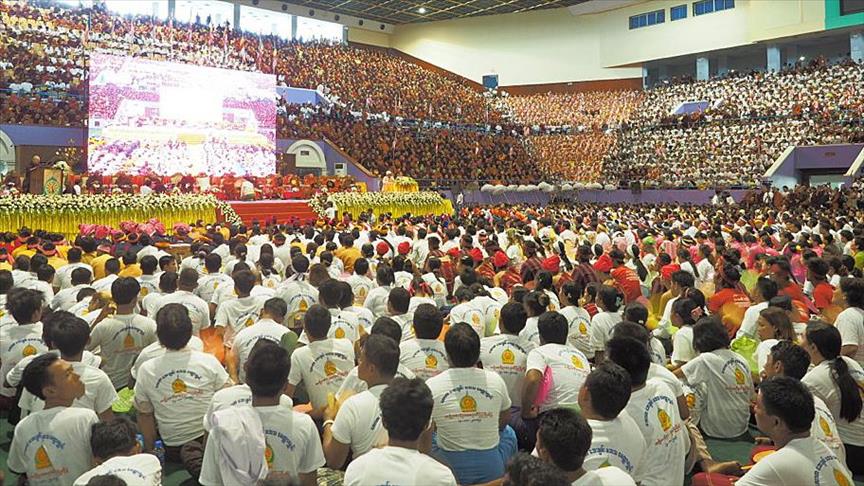


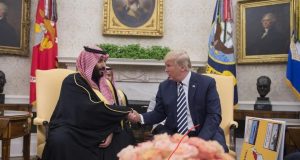


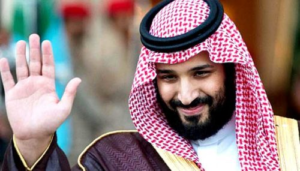
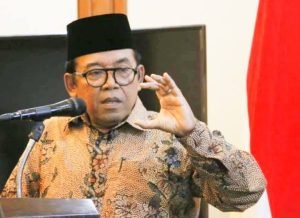


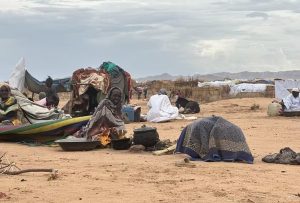
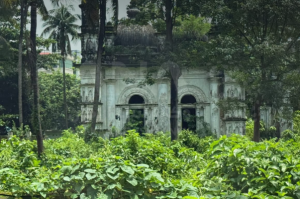
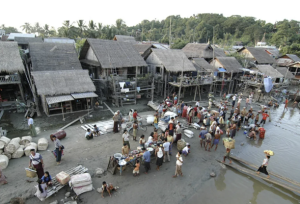

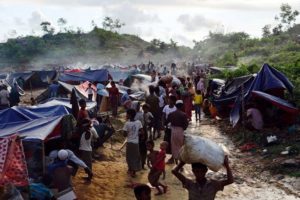













 Mina Indonesia
Mina Indonesia Mina Arabic
Mina Arabic